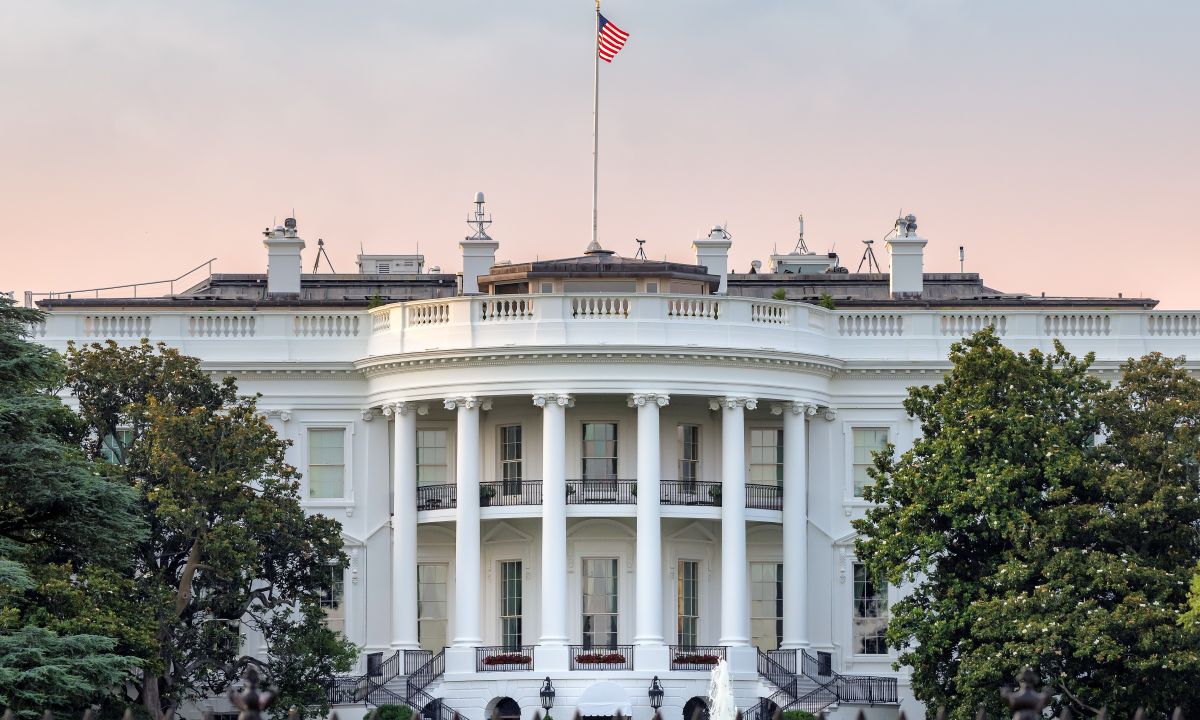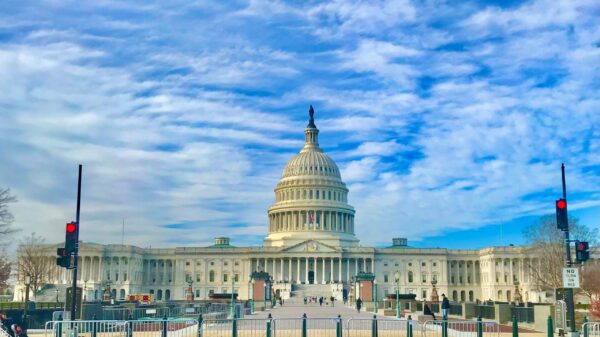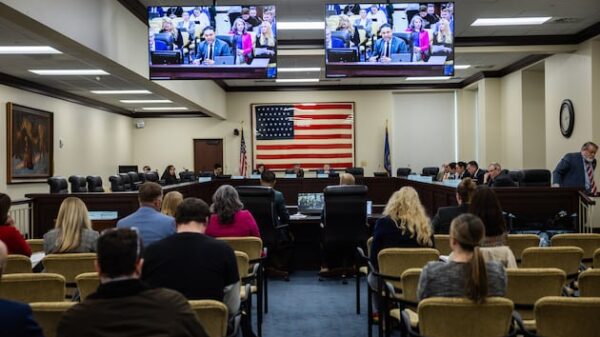The White House has put on hold an executive order aimed at halting state-level regulation of artificial intelligence (AI). This proposed order sought to challenge state AI laws through lawsuits and the withholding of federal funds.
According to a report by Reuters on November 21, the draft executive order indicated that the move faced significant opposition from various states. Nonetheless, its very consideration underscores the Trump administration’s commitment to supporting AI firms that are navigating what they consider restrictive regulations.
The executive order included a directive for Attorney General Pam Bondi to establish an “AI Litigation Task Force.” This task force would focus on contesting state-level AI regulations on grounds that they infringe on interstate commerce, are preempted by federal laws, or lack legal foundation, as detailed in a document reviewed by Reuters.
In a recent post on his Truth Social platform, President Donald Trump emphasized the need for a federal standard concerning AI regulations, arguing against a fragmented approach dictated by individual states.
Industry Responses to State Regulations
Beyond the administration’s efforts, the tech industry has also mobilized to challenge state-level AI regulations. A notable example is Meta, which launched the American Technology Excellence Project in September. This super PAC aims to support the election of lawmakers who are favorable to AI and technology while opposing those perceived as unsupportive of the sector.
Recently implemented state-level AI regulations include a set of measures passed in California, which introduced the country’s most stringent protections for minors concerning AI and social media interactions. These regulations also require AI developers to disclose their training data. PYMNTS reported that these laws represent a significant attempt by a U.S. state to govern the relationship between generative AI and social platforms and their users.
Generational Perspectives on AI Adoption
In related developments, research from PYMNTS Intelligence highlights a broader narrative regarding AI adoption that extends beyond just Generation Z’s familiarity with emerging technology. The report, titled “Generation AI: Why Gen Z Bets Big and Boomers Hold Back,” reveals variations in AI usage across different demographics, driven by factors such as employment patterns, prior experiences with digital systems, and levels of trust in new technologies.
According to the findings, approximately 57% of adults in the U.S.—roughly 149 million people—now utilize generative AI. The study indicates that younger consumers tend to use AI for both personal and professional tasks, while older individuals exhibit more selective and skeptical behavior towards the technology.
The discussion around AI regulation, corporate responses, and generational adoption illustrates the complex landscape facing AI technologies today. As the federal government and tech companies navigate these challenges, the implications for innovation and compliance will be significant for the evolving AI sector.
For comprehensive coverage of AI developments, readers can subscribe to the daily AI Newsletter from PYMNTS.
See also New Hampshire Schools Tackle AI-Assisted Bullying and Deepfakes with Innovative Strategies
New Hampshire Schools Tackle AI-Assisted Bullying and Deepfakes with Innovative Strategies Dataiku Reveals How AI Governance Fails Due to Inter-Departmental Handoffs
Dataiku Reveals How AI Governance Fails Due to Inter-Departmental Handoffs Schools Reevaluate Assessment Strategies Amid AI Cheating Concerns and Adaptation Challenges
Schools Reevaluate Assessment Strategies Amid AI Cheating Concerns and Adaptation Challenges Italy Passes Comprehensive AI Law with Strict Rules on Deepfakes and Child Protection
Italy Passes Comprehensive AI Law with Strict Rules on Deepfakes and Child Protection Trump Administration Pauses Executive Order, Paving Way for State AI Regulations
Trump Administration Pauses Executive Order, Paving Way for State AI Regulations







































































